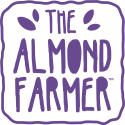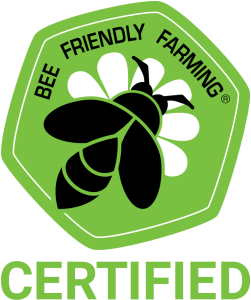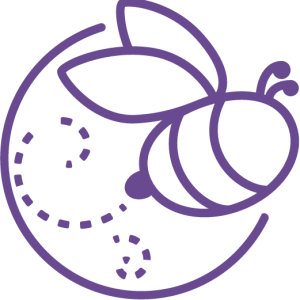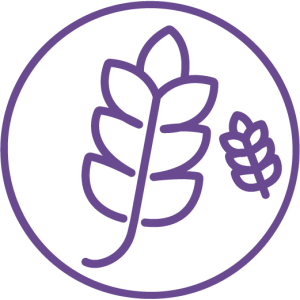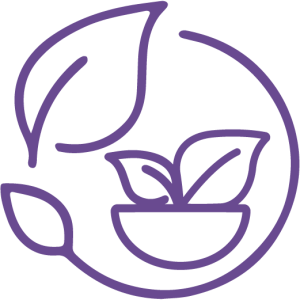Our family farm is located 1 hour from the Barossa Valley along the fertile rich soil of the Riverland region in South Australia. The Riverland has the ideal climate essential for high quality almond production.
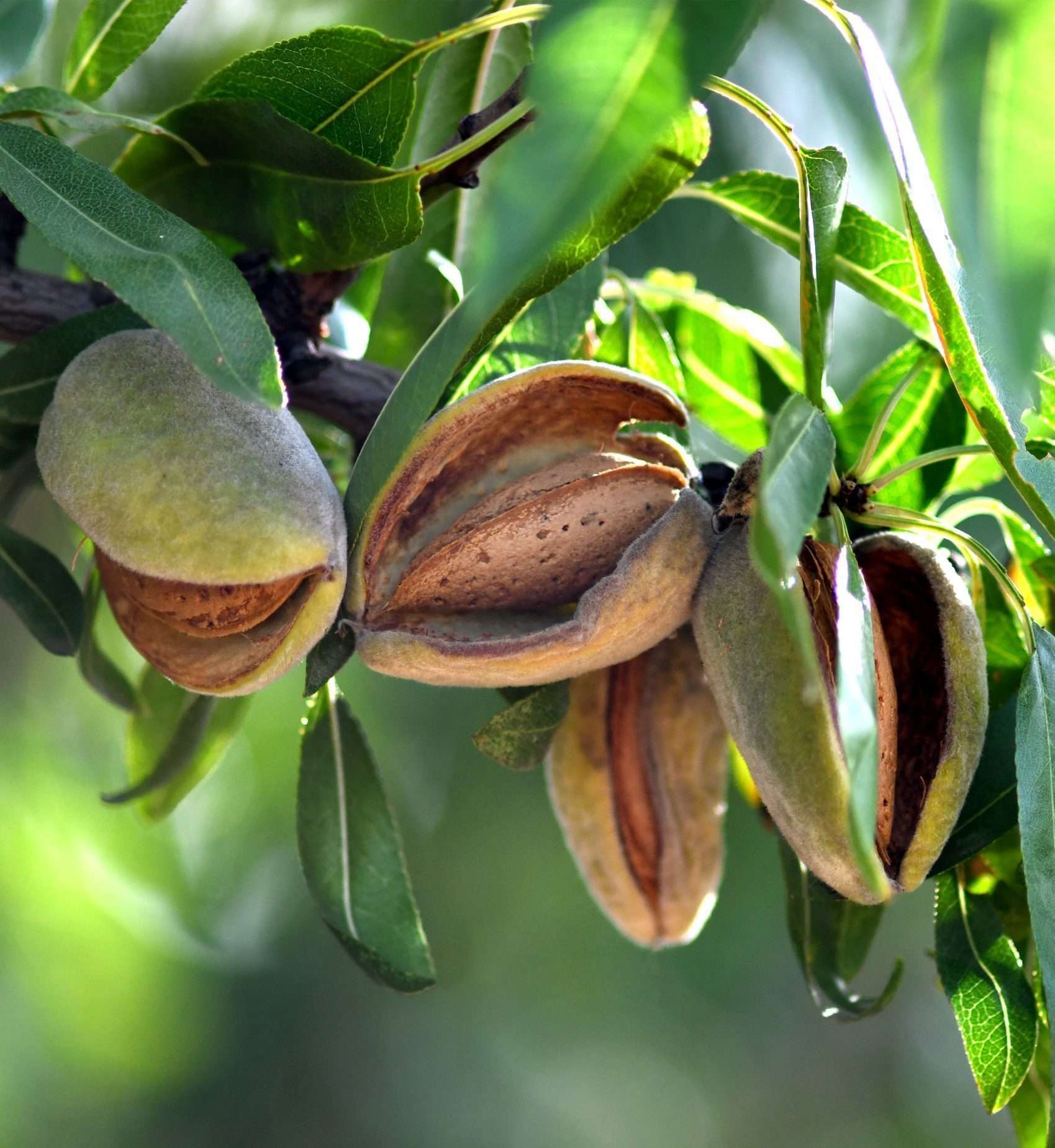
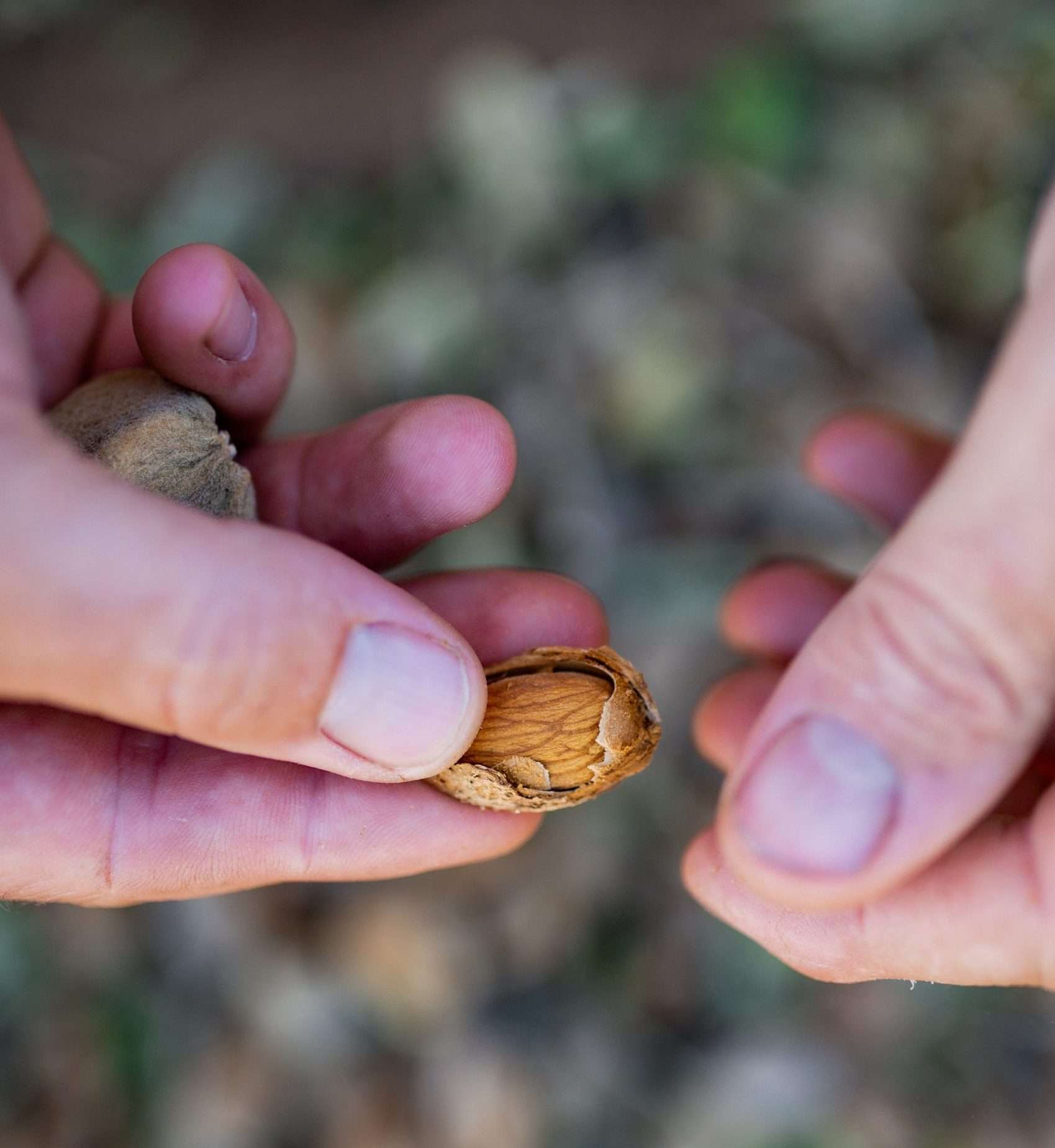
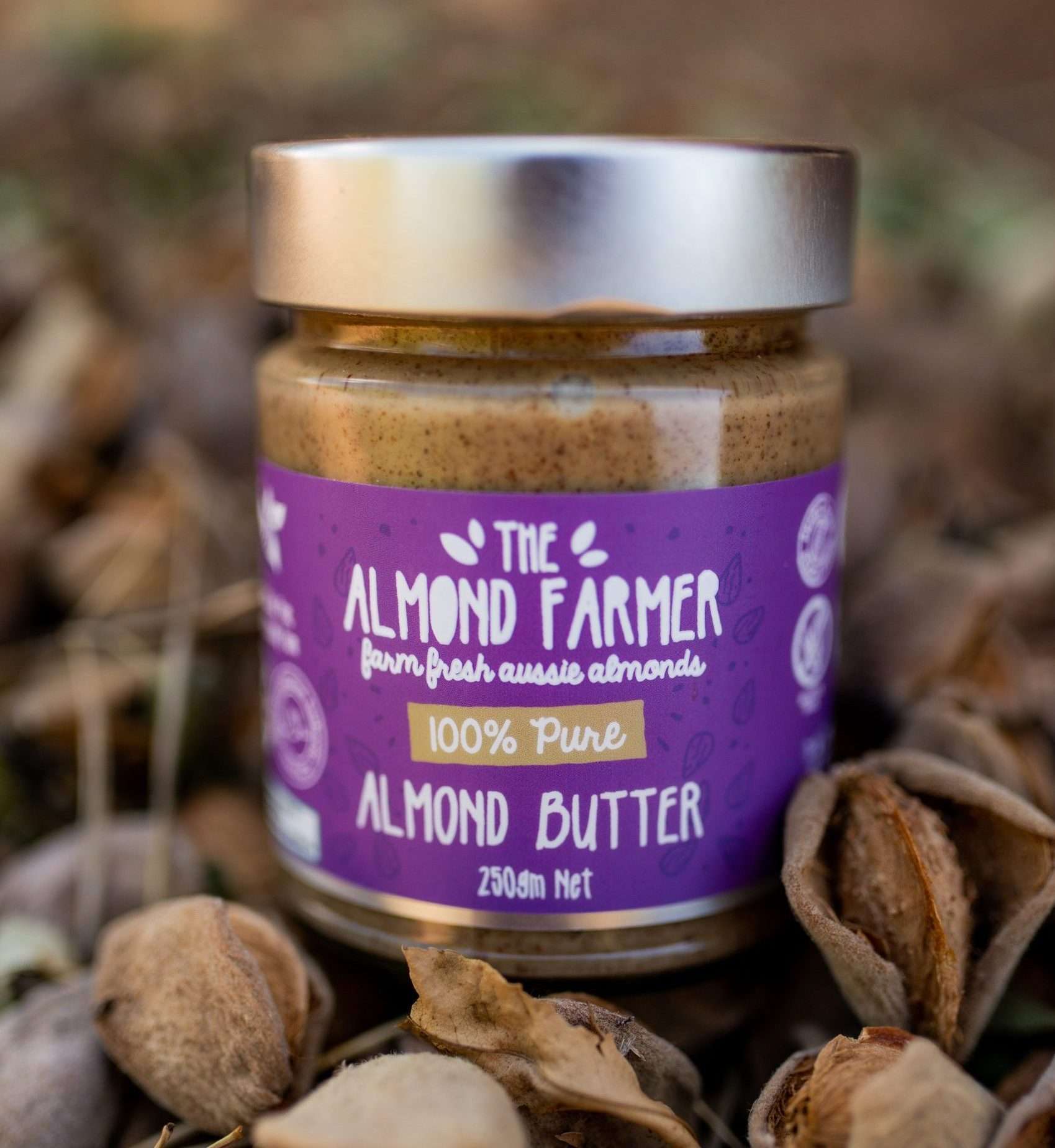
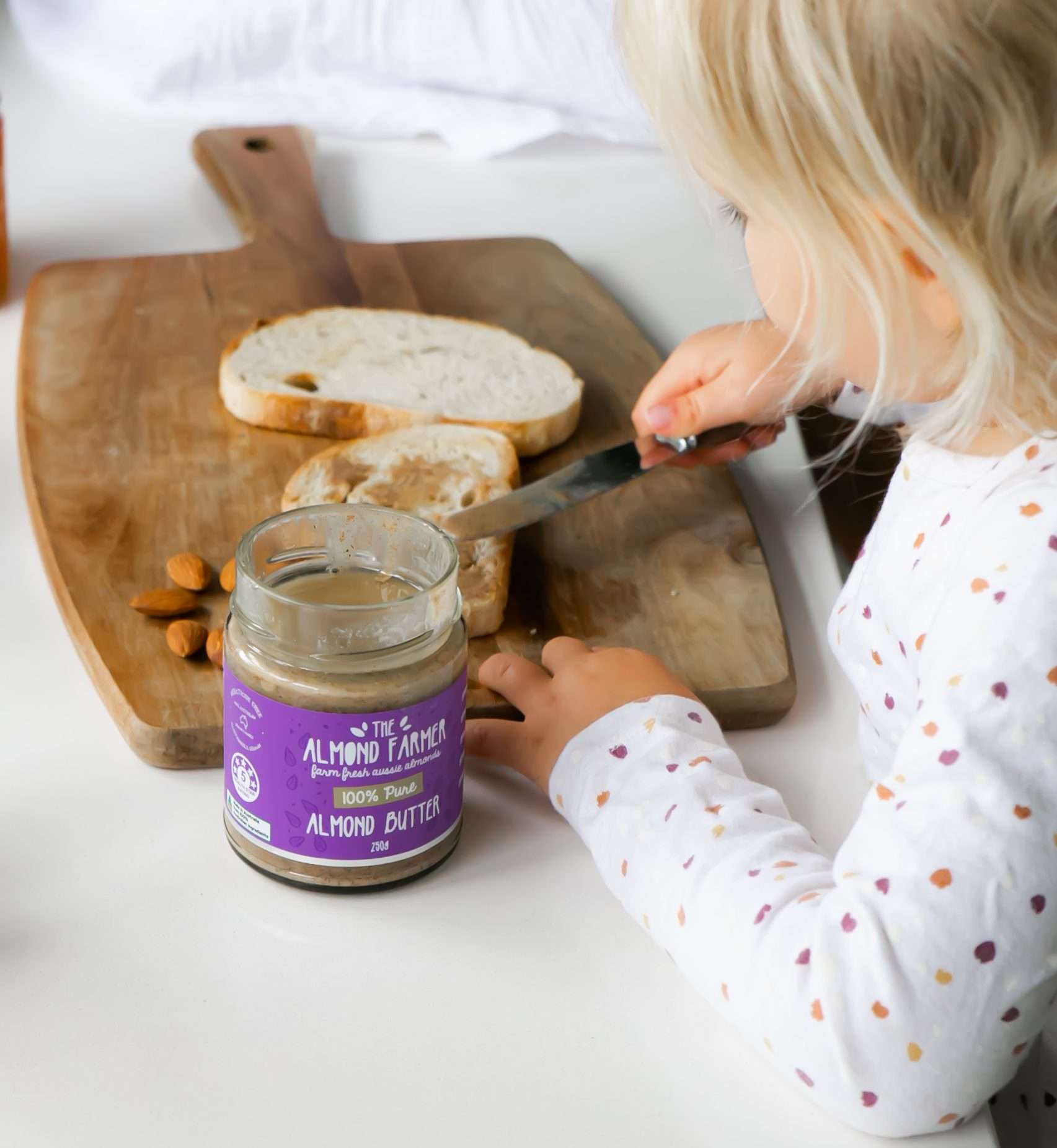
Permaculture Sustainability
The goal of sustainability is to care for the earth, care for people and reinvest surplus.
Permaculture involves using ecology to create agricultural systems that promote an environment for beneficial insects to flourish. This eliminates the need to use insecticides and other related chemicals.
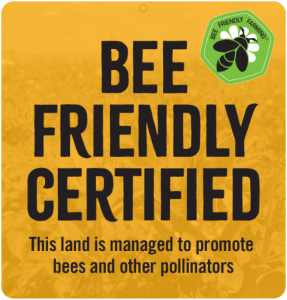 We use farming techniques that protect the environment, public health and animal welfare. We do this by avoiding the use of hazardous insecticides, pathogens and toxins. Our almonds are not fumigated and instead we remove any potential unwanted pests naturally through temperature control methods, making them both safer and tastier. This also facilitates our certified bee friendly status.
We use farming techniques that protect the environment, public health and animal welfare. We do this by avoiding the use of hazardous insecticides, pathogens and toxins. Our almonds are not fumigated and instead we remove any potential unwanted pests naturally through temperature control methods, making them both safer and tastier. This also facilitates our certified bee friendly status.
We have solar panels installed on our sorting and packing facility. This helps to run our cold rooms and packing and processing equipment. By going solar, we have reduced the demand for fossil fuels and limited our greenhouse gas emissions, which shrink our carbon footprint.
We grow cover crops to hold & protect soil from the wind and water runoff and we incorporate organic matter back into the soil. Our trees are also densely planted as evidence shows a reduction in water used per hectare.
We are conscious of food waste and packaging. The hull of the almond once harvested is collected and used as livestock feed, providing nutrition for cattle. All third grade almonds are pressed into our extra virgin Almond oil and 100% Pure Almond Skincare oil.
For our online store we recycle our boxes and use Bio Fill; a 100% Biodegradable loose fill packaging material. We also use Geami Paper as an alternative to bubble wrap, it is made from sustainable and biodegradable paper that is also 100% recyclable. The glass jars that contain our spreads can be re-used at home or recycled in your kerbside collection and if you purchase any of our eco boxes, you can be assured of no extra packaging other than a biodegradable bag liner in the box.
Quality Assurance
Being a family run farm, we control all aspects of our operations. Our procedures comply with HACCP Food Safety in which we are accredited and have annual audits from an independent accredited company. This ensures all aspects of our operation comply with these high standards.
We are an accredited bee friendly farm through Bee Friendly farming Australia as a member of the Pollinator Partnership initiative. This organisation works with farmers and landholders to help protect, preserve, and promote pollinator health and their associated ecosystems.
A year in the life of an Almond
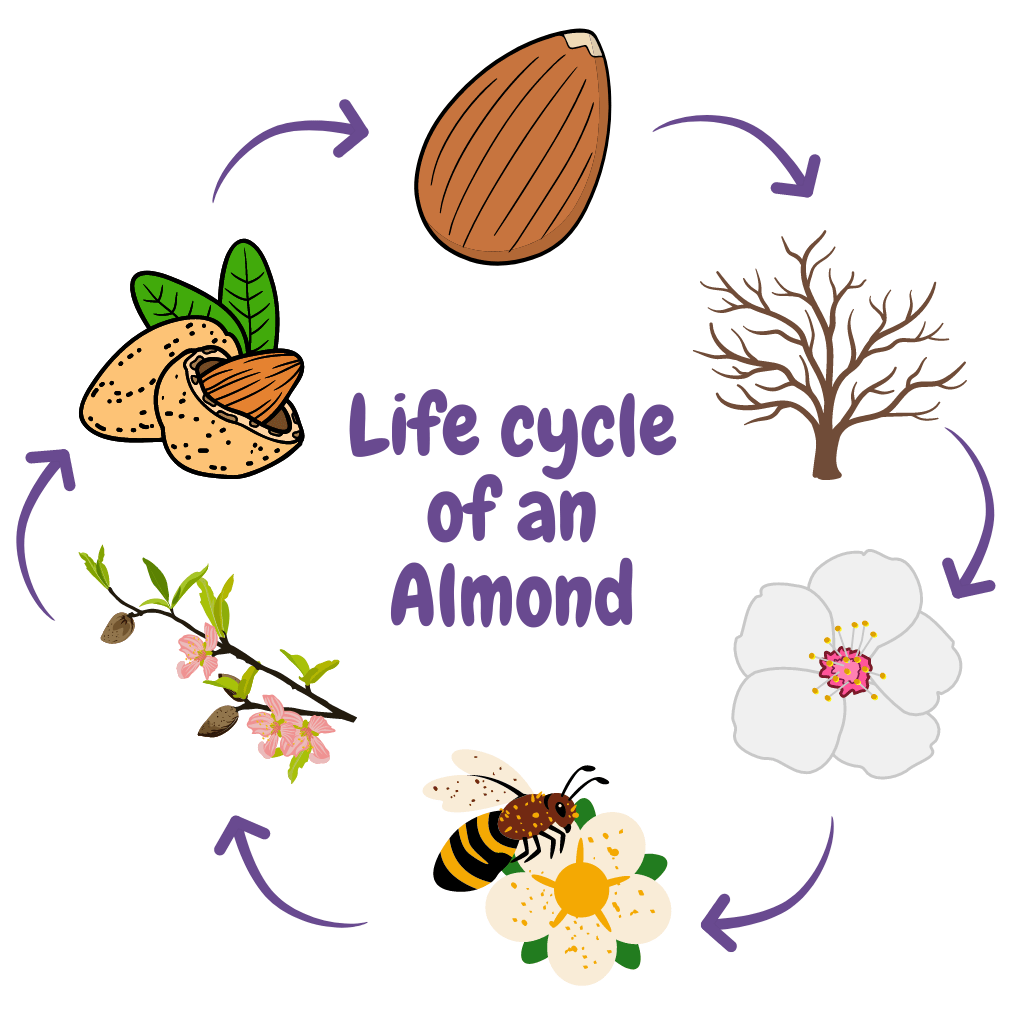
Almonds are harvested by a shaker that has two arms that clamp around the tree trunk, which then shakes the tree for several seconds until all the almonds have fallen off. The almonds are then left to dry in the summer sun before being swept into rows for a harvester to pick up and transport to our sorting and packing facility.
The first step in processing almonds is to remove the hull and shell, these are not wasted and are used for stock feed as they are high in fibre and protein. Almonds are inspected to ensure they are whole, clean and well-dried. The almonds are then sorted and packaged to what is required; this is a slower process than larger producers but ensures we deliver the highest quality and standard possible.
